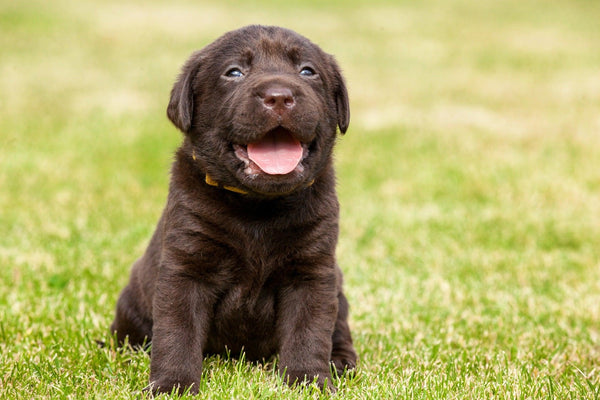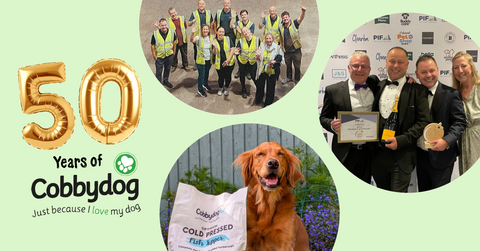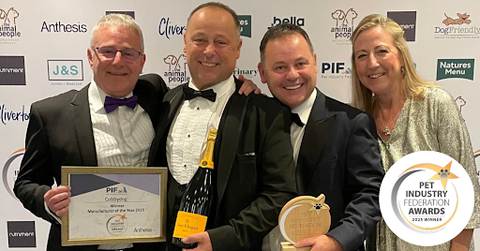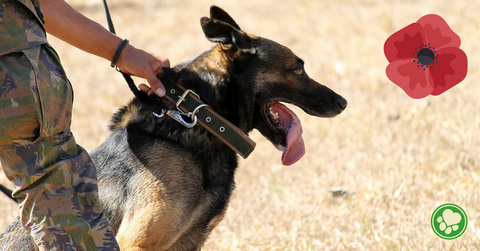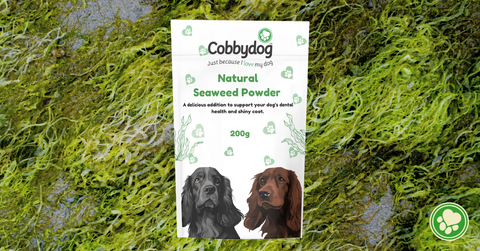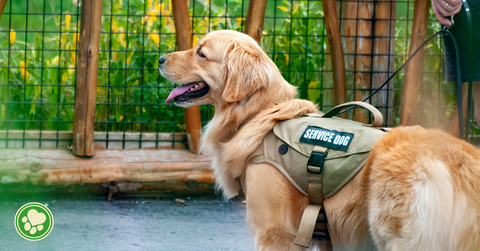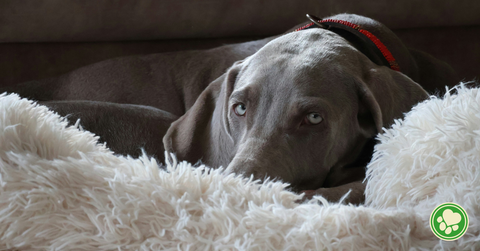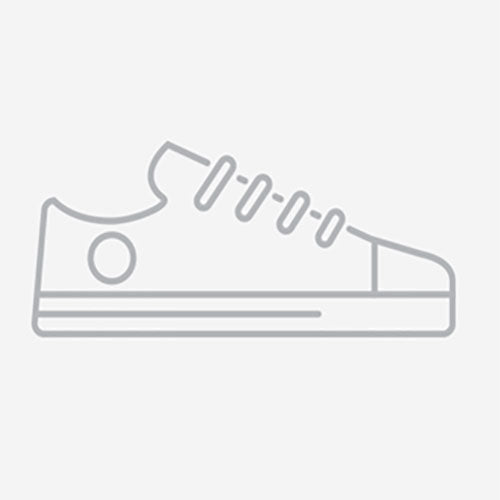New Puppy Guide
24 . May .2019Adam Copland0 Comments
The first few days with your puppy
You are just about to set off on an adventure with a new addition to your family. You are bound to be excited and it is also the start of an adventure for your puppy. So let's help you with some ideas to help him settle in. Make sure you prepare the basics to get you through the first few days. You want to be able to spend time with him rather than running backwards and forwards to the Pet Shop!
Here is a reminder of some essential items.
1 - Food and water bowls
2 - Puppy food
3 - Dog bed and bedding
4 - Collar and lead
5 - Brush and Comb
6 - TOYS - they love Balls!
Your little puppy needs lots of rest and sleep to help him grow, so find him a quiet little corner, just as you would with a baby, to make sure he can have some peace and quiet.
There are going to be so many new experiences for your puppy. However, during the first few days it makes sense to keep excitement levels to a minimum, with few visitors coming and going. Try to establish a routine from the start as this will help him settle in. He'll thrive on eating his puppy food in the same place, at the same time, having a playtime and a little time on his own. Your puppy will also benefit from being introduced to new sights, sounds and smells, even before his vaccination program is complete. He can go for rides in the car, visit friends (only those with inoculated pets) and play in the garden.
Puppy proofing your home
Try puppy proofing your home as much as possible as they do like to explore, more often than not with their mouths! Try to remove small objects from ground level, just as you would with a toddler. Think also about any potential dangers for your puppy, both inside and in the garden, such as plants, household cleaning products or electrical items with trailing wires. Remember puppies are very inquisitive and will find open windows and stairs very interesting. Beware!
House training your puppy
Your little addition to the family always likes lots of praise and fuss, so with this as your starting point and with lots of patience let's begin!
Your puppy will not arrive with bladder and bowel control and he won’t be able to ‘hold it’ very long. In order to train him quickly you will have to spend lots of time with him. However, you won’t be able to spend every minute with your dog or you will be away from home. The easiest way then is to make a puppy proof area which can be lined with paper, where you can put his bowls, toys and bedding. Initially, because your little friend will not have control, he will go anywhere at any time but you will be able to just clear up the paper and will replace it with fresh. As time goes on he will choose a specific place to relieve himself and you will be able to gradually reduce the amount of paper you put down, leaving only the small area he has chosen.
When you are able to give your puppy concentrated time you should take him to his chosen area every 30-45 minutes. Time this with certain aspects of his routine such as after mealtimes, drinking or when he wakes up. Every time your puppy relieves himself shower him with praise; never get cross with him or punish him if he makes mistakes and always have a consistent approach. As he gains more control he can spend more time away from this area and you can take your eye off him for longer periods! The more time you spend with this routine the quicker you will train your puppy although do remember not to rush him as it takes most puppies six months to be completely house.
Feeding your puppy
We know you will want to give your new friend the best food for puppies. Do ask your puppy's breeder as they will tell you which dog food your puppy is eating. Puppies are normally weaned onto a complete dry puppy food by 6 weeks of age. Once weaned, they grow very quickly, needing a moderate feed 3-4 times a day. Cobbydog Supreme Puppy or Cobbydog Cold Pressed is great for weaning puppies. The small size of the kibble makes it easier for your puppy to eat and digest. Cobbydog contains essential nutrients that will provide him with everything he needs for good growth and development and a really healthy start to life.
When changing puppy food, always introduce it slowly over a period of two weeks. Mix a little of the new food into their normal feed, just as you would if you were switching the food of an adult dog.
Choose Cobbydog for the best food for your puppy.
Development
From about 5 to 6 months you will see that your puppy's need for high energy food is reducing as is their rate of growth. Normally between a year and 18 months your puppy will be eating adult dog portions.
Your puppy's teeth are his “baby” teeth and are quite fragile. At about 4 months of age the adult teeth will start to come through. They usually swallow their teeth when they lose them, but don't panic, this is very natural. Cobbydog complete puppy food and adult food actually help keep your puppy's teeth clean. Most vets, however, would recommend tooth brushing regularly to maintain good oral health. Make sure you visit your vet regularly and keep up to date with all inoculations. Regular visits to the vet will build up positive experiences for your puppy thus avoiding problems later on.

